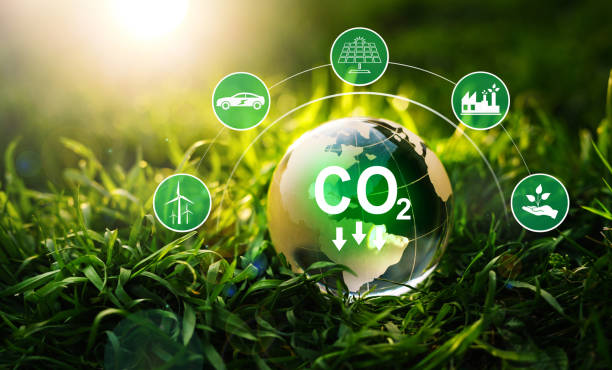
FAQ About Green Economy
Green Economy
2 years ago | gizem
What role does sustainability play in the Green Economy?
Sustainability plays a central and foundational role in the Green Economy. In fact, the Green Economy is built upon the principles of sustainability, aiming to achieve economic growth and development while ensuring the long-term health and well-being of the environment and society. Here's how sustainability is intertwined with the Green Economy:
- Balancing Economic and Environmental Goals: Sustainability within the Green Economy emphasizes the need to balance economic growth with environmental protection. It recognizes that unchecked economic development can lead to resource depletion, pollution, and environmental degradation, ultimately undermining the very foundation of economic activities.
- Long-Term Perspective: The Green Economy's focus on sustainability means taking a long-term perspective. It seeks to ensure that current economic activities do not compromise the ability of future generations to meet their own needs, preserving the Earth's ecosystems and resources for the long haul.
- Resource Efficiency: Sustainability in the Green Economy is closely tied to resource efficiency. By using resources more efficiently and reducing waste, it aims to minimize the environmental impacts associated with resource extraction, processing, and disposal.
- Renewable Energy Transition: A key sustainability objective of the Green Economy is transitioning to renewable energy sources. By shifting away from fossil fuels, which contribute to climate change and resource depletion, the Green Economy seeks to ensure a sustainable energy supply for the future.
- Circular Economy: The Green Economy promotes a circular economy model, which aligns closely with sustainability. This approach emphasizes designing products for longevity, repairability, and recyclability, reducing the need for new resources and minimizing waste.
- Ecosystem Conservation: Sustainability within the Green Economy underscores the importance of conserving ecosystems and biodiversity. Healthy ecosystems provide essential services such as clean water, pollination, and carbon sequestration, which are critical for human well-being and long-term economic stability.
- Social Equity: True sustainability goes beyond environmental concerns to encompass social equity. The Green Economy recognizes that sustainable development must benefit all members of society, addressing poverty, inequality, and social injustices.
- Climate Change Mitigation: The Green Economy's sustainability goals align with global efforts to mitigate climate change. By reducing carbon emissions through renewable energy adoption, energy efficiency, and sustainable land use, it contributes to a more sustainable future.
- Resilience: Sustainability emphasizes building resilience in the face of environmental challenges. By adopting sustainable practices, societies become more resilient to the impacts of climate change, resource scarcity, and other disruptions.
